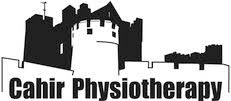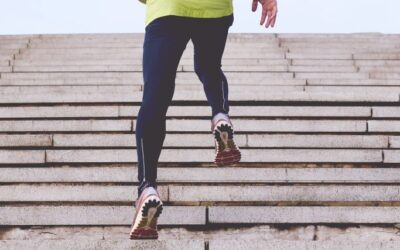Congratulations to all the new parents, happily making a new cocoon with a precious bundle of joy. A new baby brings many changes to the household, not least in terms of the impact on the body of a new mother. In this time of social distancing, there may be less opportunity for new mothers to meet up with other mothers and discuss the changes and challenges of life with a small baby. Postnatal exercises will be an important part of a healthy recovery.

What’s normal?
Regardless of how your baby was delivered, many mothers experience difficulties in the weeks and months afterwards. Up to half of all women experience weakness in both the abdominal muscles and pelvic floor muscles after pregnancy and up to a third still have a tummy gap at eight weeks post-birth. This can cause instability or poor core strength leading to women developing pelvic or back pain or bladder, bowel and sexual dysfunction. In addition, up to one in eight new mothers experience postnatal depression and many women have had some depressive symptoms during pregnancy. Appropriate specific postnatal exercises will help with these symptoms.
MummyMOT
At Cahir Physiotherapy we are happy to offer the MummyMOT. This is a post-natal checkup for women at any time after delivery, from six weeks to six years. Our specialist women’s health physiotherapist can assess, treat and help you manage many of the difficulties you may be encountering. This service has now moved online and we can offer the same expertise over our telehealth platform.
Postnatal Exercises
Physiotherapy can assess how your body now moves and functions. Postural changes in the last few weeks of pregnancy, along with the poor postures associated with feeding and carrying a growing baby put significant pressure on your spine. We can look at your posture, advise on positional changes, postnatal exercises and supports that may be useful.
Abdominal separation
Weakness of the abdominal muscles may further contribute to the back or pelvic pain. We can assist you in checking for an abdominal separation, diastasis recti. A comprehensive postnatal exercise program will promote correct recruitment of these core muscles. This will support you as you return to exercise.
Incontinence
Following the delivery of your baby, there may be a period of incontinence. The length of time this lasts, and the severity of the incontinence will vary with every woman. This is a symptom of pelvic floor dysfunction which can also cause problems with bowel and sexual function. We can discuss these symptoms sensitively and devise a plan tailored to your specific needs – there is no need to suffer these symptoms alone!
Daily exercise
Daily exercise is particularly important for your physical and mental well-being at this time. A walk is safe from as soon as you feel able. Gently progress your distance and speed if you wish. Returning to more strenuous exercise regimes is generally six to eight weeks after delivery, or later if you aren’t ready. Ideally, we suggest you wait until after you’ve had the six week check with your GP or MummyMOT with us. We will then prescribe progressive exercises to help you feel strong and healthy.




